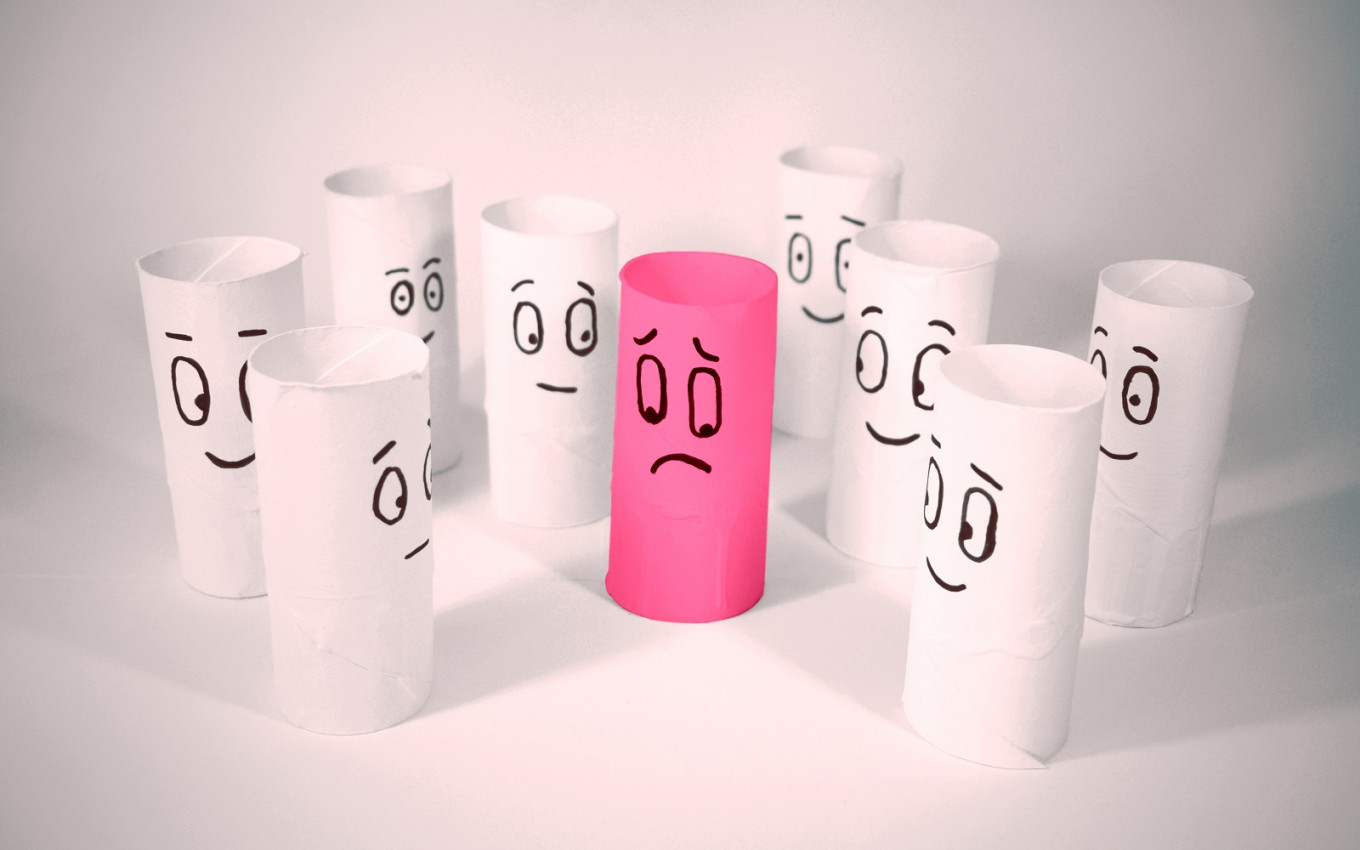Popular Reads
Top Results
Can't find what you're looking for?
View all search resultsPopular Reads
Top Results
Can't find what you're looking for?
View all search resultsIs this social anxiety, or just awkward? Here’s how to tell the difference
Several psychologists have said social anxiety could be preventing you from enjoying life to the fullest. Among other things, relationships and your career could especially be affected.
Change text size
Gift Premium Articles
to Anyone
T
he ability to make new friends comes naturally to most. But for some, its not so easy. Making small talk with strangers can be difficult, but if you are finding yourself beginning to have physiological reactions of feelings of nervousness, you could be suffering from social anxiety.
Several psychologists have said social anxiety could be preventing you from enjoying life to the fullest. Among other things, relationships and your career could especially be affected.
Read also: Seeing intimacy through the glass of anxiety
Social anxiety is “just a normal part of life” said professor of psychology at the University of Nebraska-Lincoln, Debra Hope to Health.
Health points out that simple methods such as listening to your favorite song, getting extra sleep and avoiding caffeine for the time being should alleviate nerves. Contrary to popular beliefs, it is not just people with clinical depression or clinical anxiety that should be working on their mental health. A person’s mental health can change depending on their emotional, psychological and social wellbeing, all of which depend on a person’s experiences.
Read also: 5 apps for better mental health
However if your nervousness results in such things as canceling a job interview, or avoiding conversation entirely, it could be classified as a clinical problem, according to Health.
Like most human disorders, there could be a hereditary element to social anxiety, according to the National Institute of Mental Health in the United States.
A guide that clinicians use to diagnose mental illness, called the Diagnostic and Statistical Manual of Mental Disorders, defined social anxiety as a disorder that includes significant fear or anxiety when faced with social situations, or a situation associated with performance. The standard measurement of time avoiding such situations is at least six months to determine a diagnosis of social anxiety.
If you had positive interactions with peers at a young age, you were less likely to develop social anxiety, according to Denver-based clinical psychologist David Shanley as reported by Health.
“You’re going to develop a social anxiety disorder from that avoidance of confronting the thing that maybe could have been overcome,” Shanley said, referring to the avoidance of social situations.
Shanley further explained that each person was different and could suffer from social anxiety to varying degrees.
“Some people might have a few close friends, some people might have no close friends, and some might have acquaintances but have trouble taking acquaintances to close-friends level,” he was quoted as saying.
In simple terms, Shanley puts it, “It’s a fear of rejection” of “humiliation” of “failure” or “looking like an idiot.”
However, social anxiety can reveal itself even in positive situations, such as receiving an award, according to Hope. Receiving praise or an award can make people who suffer from social anxiety fear that there is a high expectation they can’t live up to. (acr/mut)











